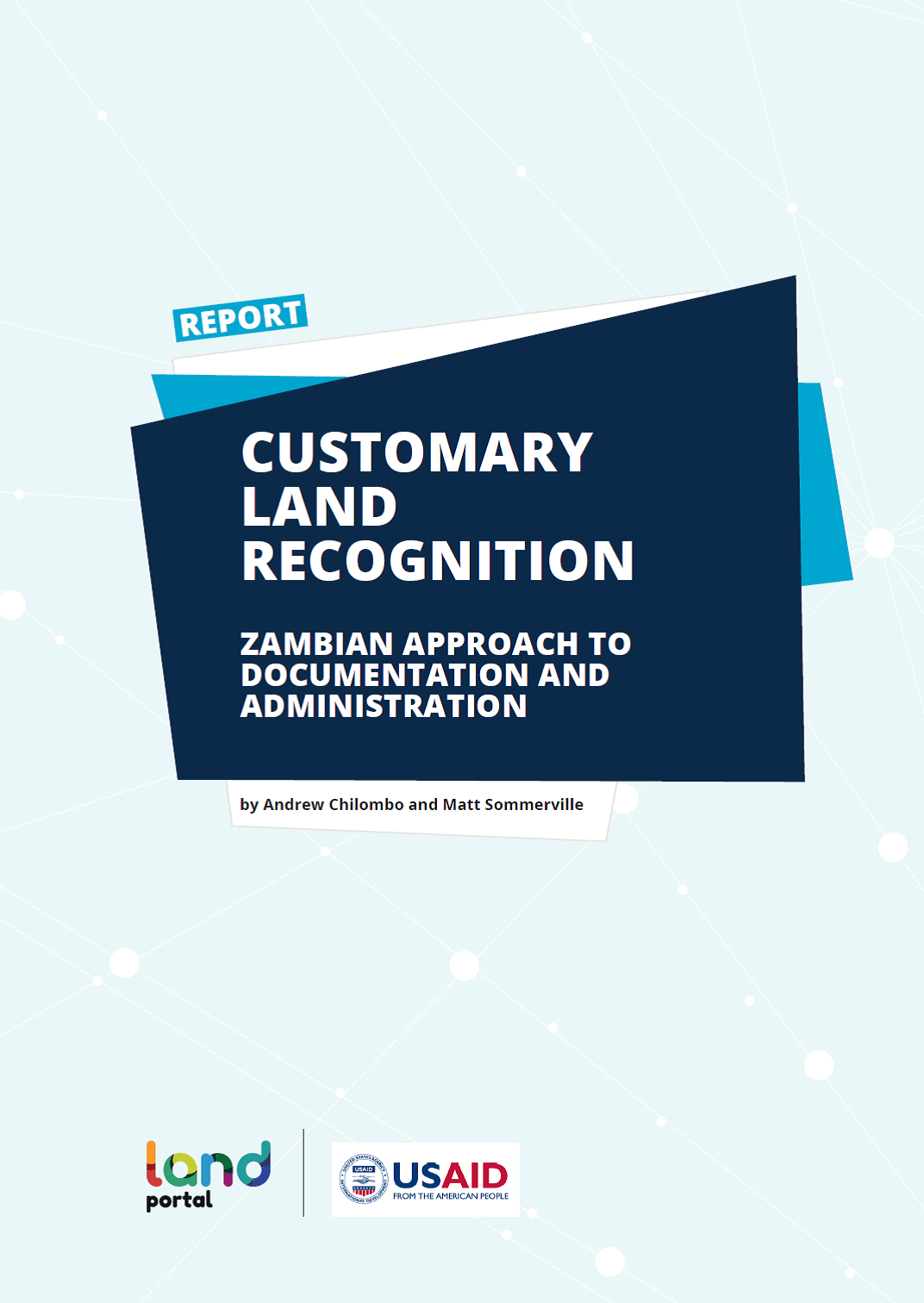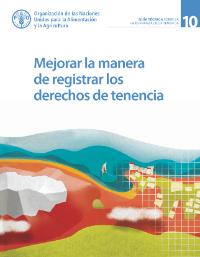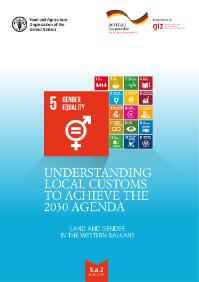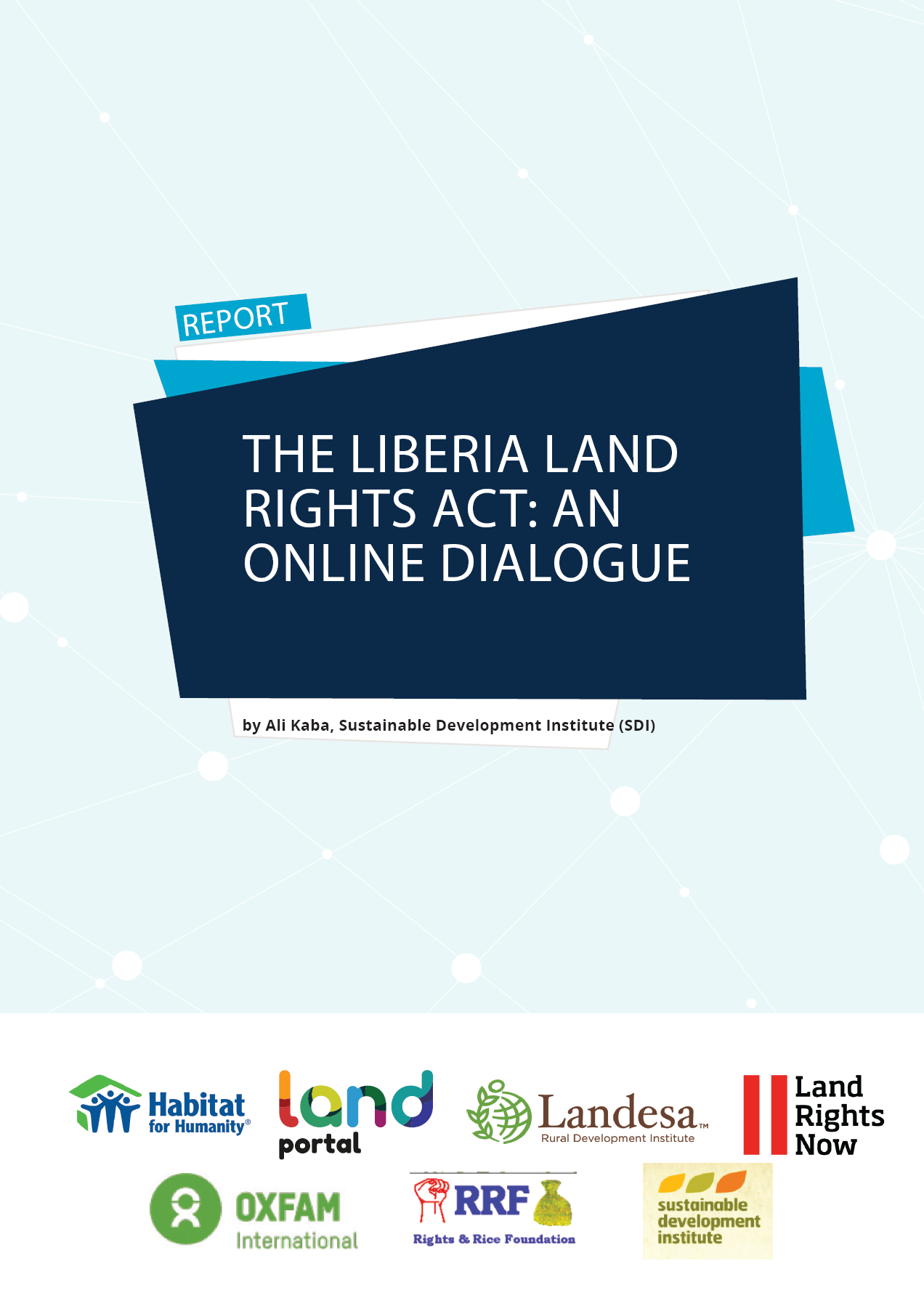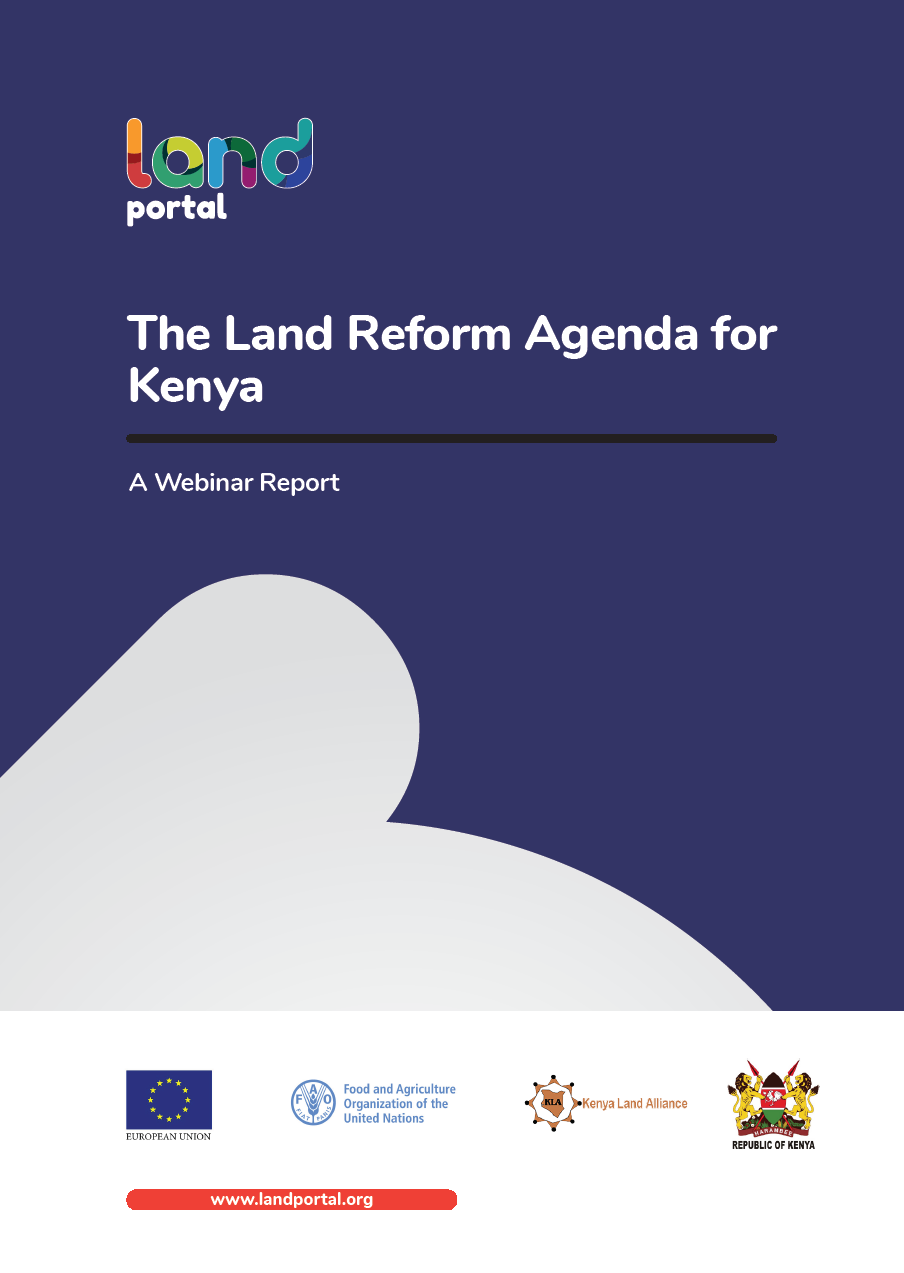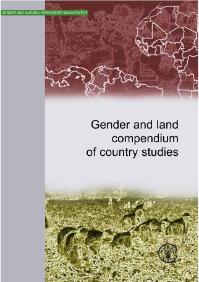Creating a system to record tenure rights and first registration
Ce guide aborde la question de l’enregistrement des droits fonciers, en mettant l’accent sur la création d’un nouveau système pour enregistrer lesdits droits et sur le fait de les enregistrer dans un système pour la première fois. Si des systèmes d’enregistrement existent déjà à travers le monde, il arrive souvent que les populations n’y ont pas accès pour enregistrer leurs droits fonciers. Ce guide traite des situations où l’approche la plus indiquée est de créer un nouveau système pour enregis trer ces droits.






